Ruby Roa on ‘diaphanous blouses’ and why we should buy local
Ruby Diaz-Roa already had a penchant for traditional textiles long before she was tapped by Maribel Ongpin, founder of Habi: The Philippine Textile Council, to be part of the illustrious society.
“At that time, the Philippine textile industry was overtaken by imports from China,” relates the Habi vice president. “Add to that, the younger generations – of some weaving families – had already lost interest in the craft.”
As someone who was always enchanted by the elegance of the Philippine terno and patadyong, Ruby grabbed the opportunity to be able to help revive, preserve and promote the already “dying industry.”
“These clothes, which were referred to as ‘diaphanous blouses’ by an English governor from Hong Kong who visited Manila in the 1700s, were made of pure Philippine cotton, a fiber that is very much a part of the Filipino culture,” shares Ruby, who showed me a photo of her and her late sister Rio Diaz clad in a colorful terno and patadyong.
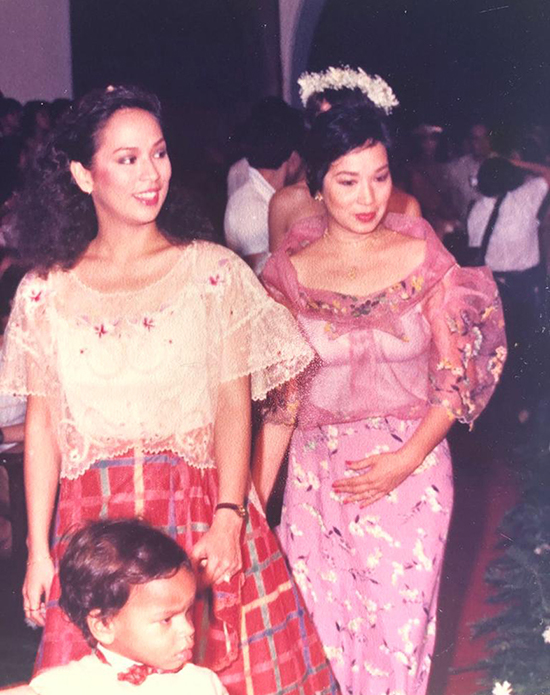
They both looked demure, modest and, yes, current in “diaphanous blouses,” which came from the baul of Ruby’s mother-in-law Adelisa Diy Roa.
“She was the one who introduced me to the beauty of indigenous textiles and native clothes,” Ruby relates. “My mom-in-law was always dressed in ternos made by famous designers, who would dress up young ladies for special balls like the Carnaval and Kahirup.”
“The terno and patadyong are timeless pieces. They never go out of style,” says Ruby, who also wore a terno at her sister Gloria Diaz’s wedding. “And I’m glad that more Filipinos, particularly the millennials, have a newfound appreciation for hand-woven textiles. They are now wearing and buying local.”
And why is that important? By buying local, you don’t just encourage local weavers/artisans to keep their craft, but also help them improve their quality of life, as well as support their children’s education.
Habi Market Fair: Mothers supporting mothers
In celebration of Mother’s Day, the annual Habi Market Fair helps us find creative ways — virtually — to honor mothers, sisters, grandmothers, fur moms and individuals who have been like mothers to us.
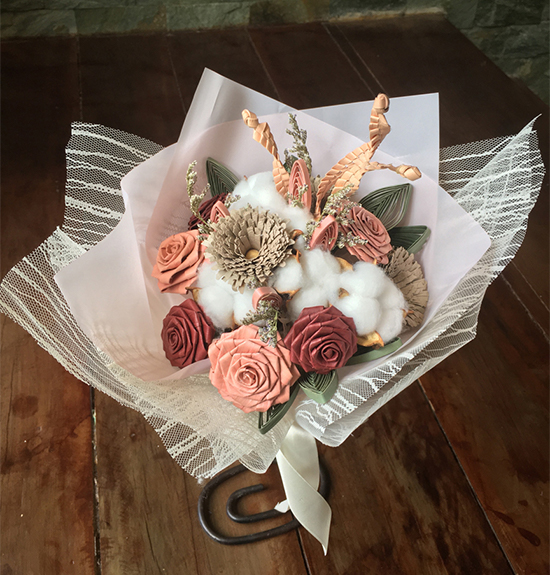
In keeping with the times, “Habi Mama: A Mother’s Day Fair” goes online for the third time at www.shophabifair.com from May 1 to 9.
“To survive the pandemic year (2020), we had to learn to pivot,” shares Ruby. “So we went digital for the first time. It allowed us to have a wider audience/ global reach. We enjoyed an extensive growth in terms of our international customer base.”
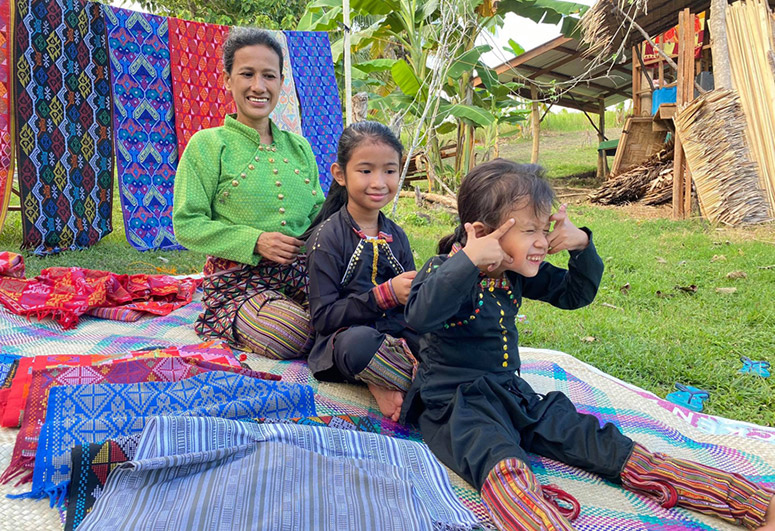
But, unlike physical fairs, going digital limits shoppers’ interaction with the artisans/ designers.
“Also, nothing beats the excitement one gets when he/ she gets to hold the item and appreciate its beauty up-close,” adds Ruby, who is the co-chairperson of the “Habi Mama: Mother’s Day Fair.”
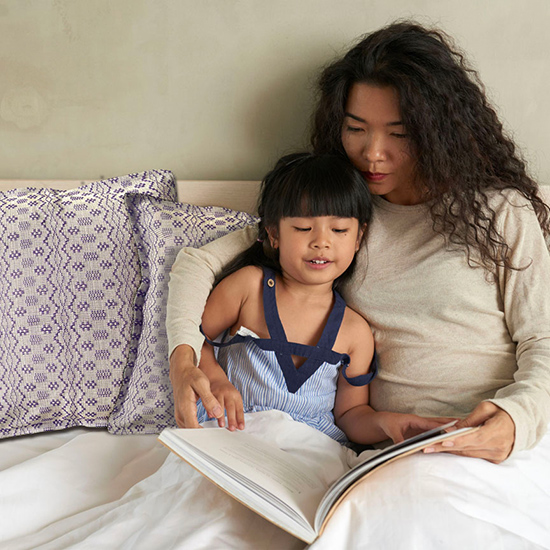
This year’s fair focuses on helping out the mothers of the Habi community whose livelihoods have been affected by the ongoing pandemic and natural disasters.
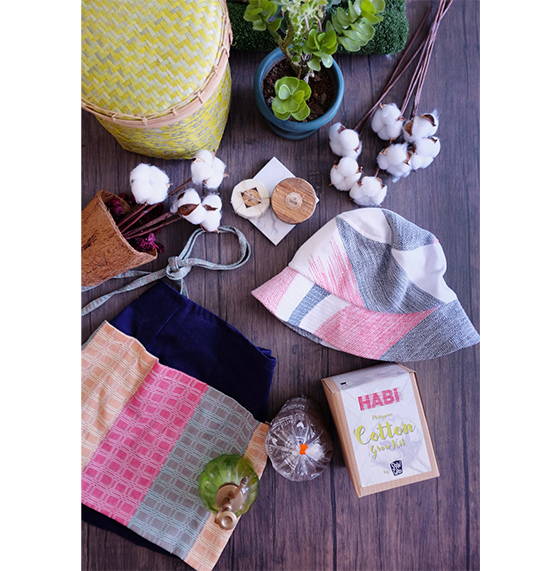
With the recent typhoon that hit the Bicol and Catanduanes regions in particular, many of the weaving communities lost their abaca crops and weaving shelters. Even their weaving looms were completely washed away.
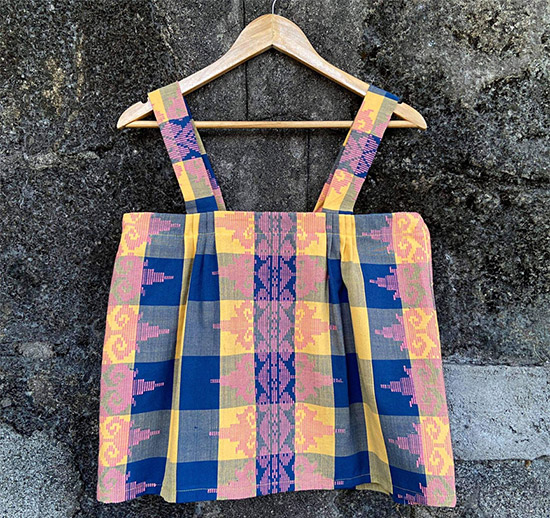
“Habi has been helping these communities rebuild their home industry by creating several themed fairs this year as an outlet for them to showcase their wares,” notes Ruby.
One of the highlights of the “Habi Mama Market Fair” is the curated gift baskets for the Garden “Plantita” Mama, Kikay Zoom Mama, Relax Mama, Coffee Lover Mama, Cooking Mama and Stay Safe Mama.
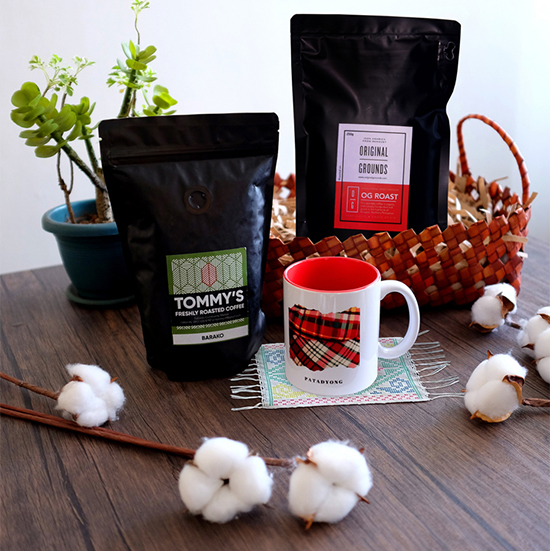
“Habi sourced the hand-woven baskets from the Tagbanua basket weaving community in Palawan,” shares Ruby.
These baskets are made high up in the mountains, which is two and a half hours away from the city of Puerto Princesa.
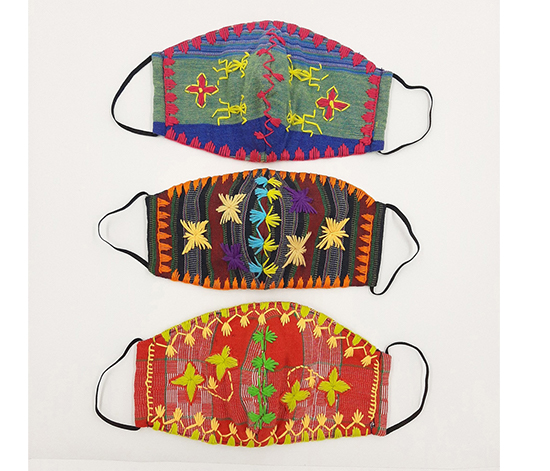
“We made sure that the contents of each basket are sourced locally and support the makers behind each selected piece,” enthuses Ruby. Talk about gifts that give back.
For example, the Stay Safe Mama gift basket is loaded with hand-woven leather clip-on bag (for hand sanitizer/alcohol), two pieces of three-ply face masks made of Philippine cotton, and a leather face mask holder with Maranao beads and a Philippine cotton tassel.
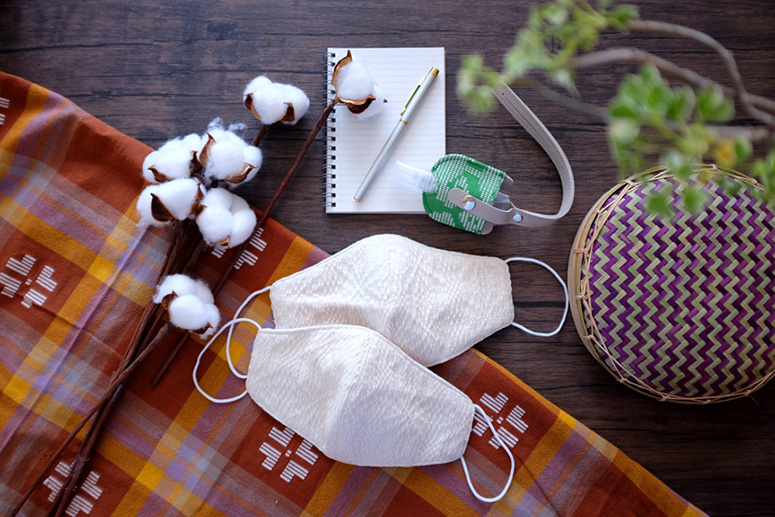
Habi also continues its long-term commitment and advocacy of reviving the use of pure Philippine cotton. It has partnered with the Philippine Fiber Industry Development Authority to give local farmers with cottonseeds and threads for its Cotton Adoption Project to encourage more weavers to use pure cotton in their products.
And so, aside from the Habi Mama gift baskets, they have a special collaboration with @PuniquePh, which makes handmade buri flower bouquets with Philippine cotton flower bulbs.
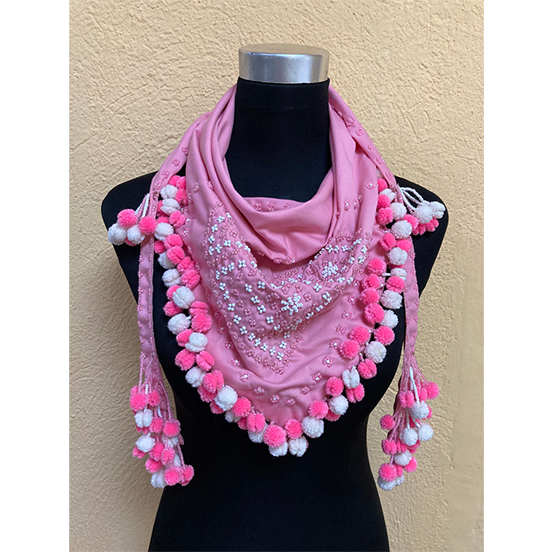
For new moms, there are crocheted baby mittens and bonnets made of Philippine cotton from Knitting Expedition. Also check out the special patadyong baby wraps from Manila Collectible.
For moms on the go, Melograno offers comfy and stylish shoes with hand-woven touches.
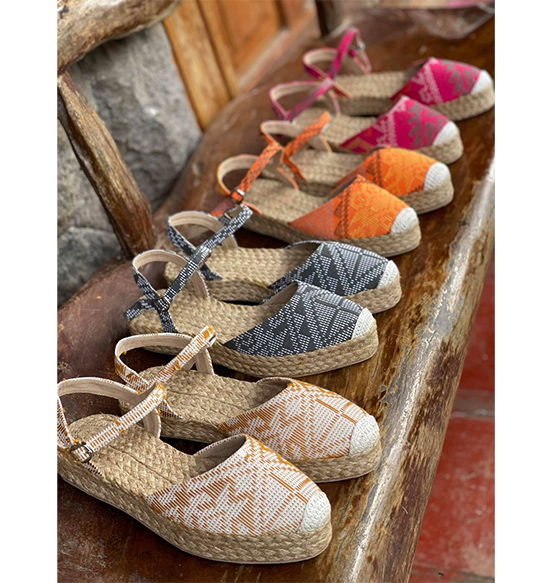
Dako Manila has something extra-special for fur moms: stylish hand-woven scarf and caps for their fur babies!
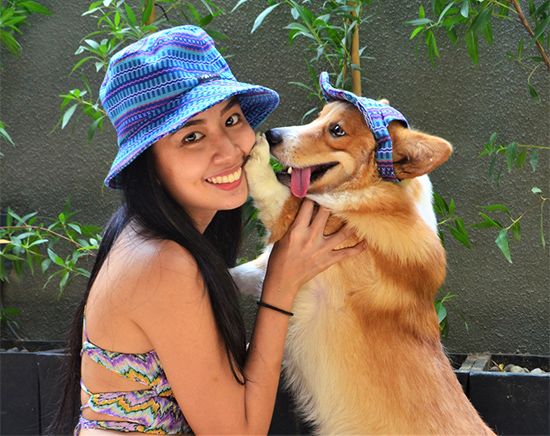
In line with Habi’s “Mothers Helping Mothers” campaign, Georgina Wilson has shown her support by purchasing textiles and designing Philippine cotton hand-woven pajamas for her children.
“I like the idea of play,” notes Georgina. “And that’s how I designed the clothes for my kids. I want to expose them to local hand-woven fabric and be proud of their culture at a young age.”
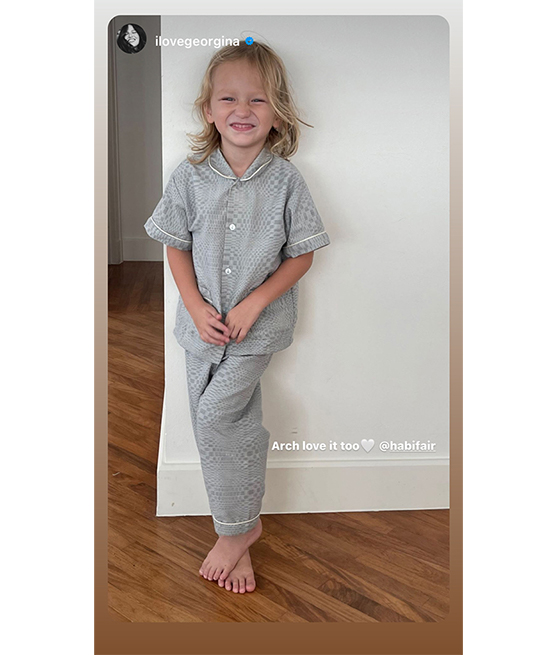
The special collection featured in “Habi Mama: Mother’s Day Fair” is in gratitude to all mothers.
“We hope that you’ll be able to find that one special gift for the extraordinary woman in your life,” adds Ruby. “And don’t forget to thank and greet the artisan who made it.”
After all, these weavers are mothers, too!
All products are available at their website.
For inquiries, visit Habi Textile Council or follow Facebook and Instagram
Banner photo caption: Ruby Diaz-Roa, vice president of Habi: The Philippine Textile Council and “Habi Mama: Mother’s Day Fair” co-chairperson


